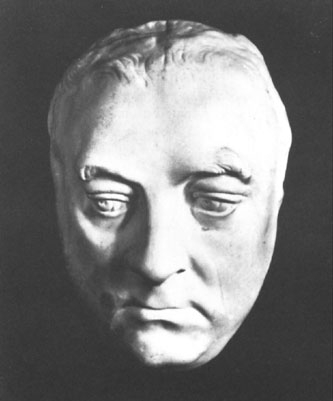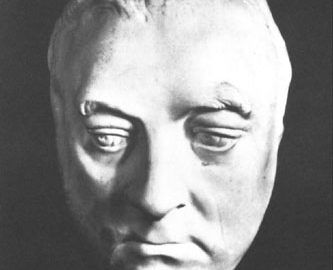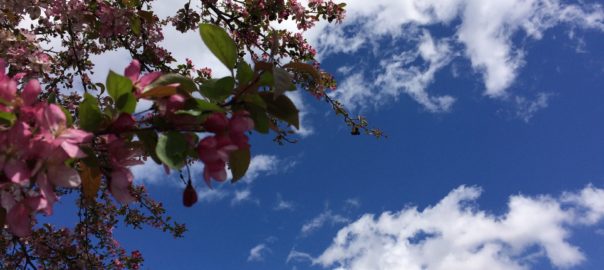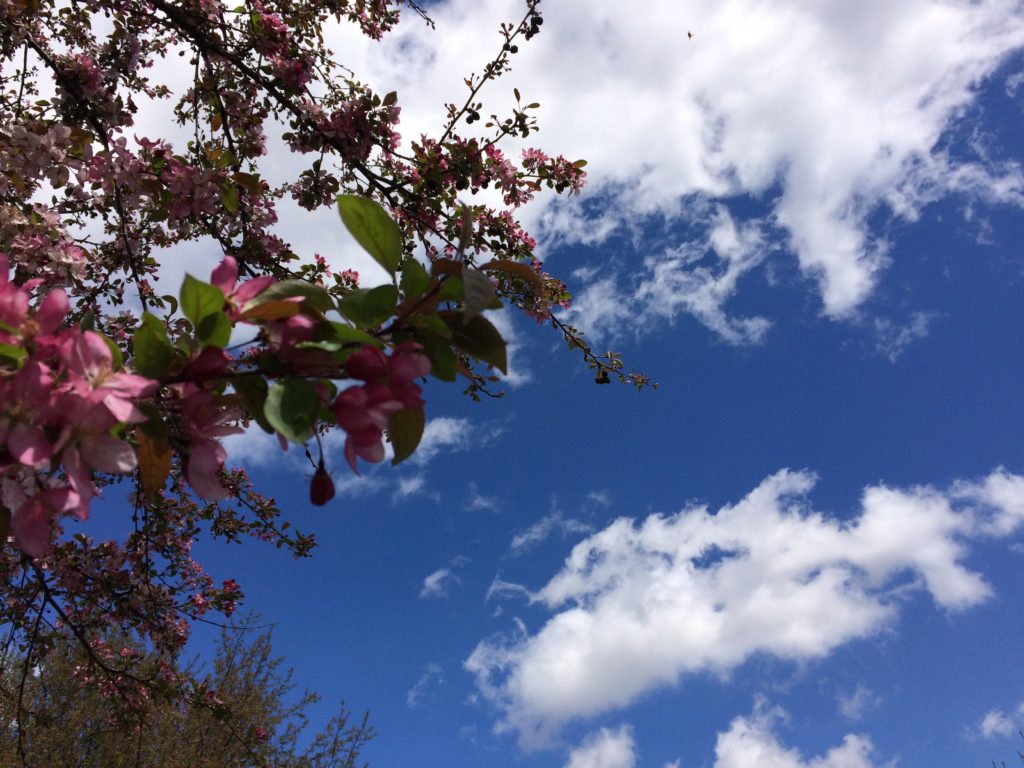~Handel ≠ Folklore~
In the “Preface” to The Handel Letters, I cited the field of folklore research for its role in guiding my way of living a life of learning, teaching, and writing. But why exactly would a folklorist choose to study Handel and write a ‘biographical conversation” based on his life? I suspect that those who have studied folklore will be less mystified by this question than those who have not. The great appeal of the field of folklore study is that you really can study just about anything you want and consider it a part of the discipline. But even more than this, the field of folklore study teaches a line of questioning, an approach, a variety of methodologies, a history of research, and a set of tools that can enliven and bring a satisfying relevance to the exploration of any topic. So, the life and music of George Frideric Handel is just another of the many topics a folklorist might choose to study. I feel lucky to have learned early on about this field of study and the people and materials that are its focus.
Still, I agree that the reasons why a folklorist might choose to study Handel may not be immediately apparent. And, in fact, the question might more logically be: What in this book about Handel can be traced in some clear way to the author’s background in the discipline of folklore studies? Yes, that would be a harder question to answer, but let me take a stab at it.
First let me say a little about what popular notions of “folklore” as a topic do not really interfere with writing a book about Handel. Folklorists are not concerned only with a group of people called “the folk.” Folklorists do indeed often study individuals rather than groups of people. Folklorists are not prohibited from studying anything to do with classical rather than folk music. Folklorists must not work only with people who are now living. And folklorists do not necessarily have to do fieldwork, although it is generally a great asset if they can. So, while Handel may not be recognized as a typical subject for a folklorist to take on, the field is in no way so restrictive as to discourage one from writing a book on Handel.
Other folklorists would very likely choose to write about Handel in quite a different way than I have in The Handel Letters—if at all. Nevertheless, most folklorists will easily see the influences of the field in the book. So, let me point out some of these influences for those not so familiar with the field. Writing a kind of historical fiction is not a typical form of folklore study, but I doubt that any folklorists would consider it a radical departure, more likely simply a rarely invoked mode of writing in the discipline. But, it is this mode of writing that has, in fact, allowed me to include many issues that are typically highlighted by the field of folklore study. By moving back and forth from Handel and his era to some fictional characters and the current time period, I have, I would argue, been able to explore at least seven typical and important themes of folklore research.
Primary among these, for me at least, is the folklorist’s attention to the creative process. Handel, after all, was creating music within a tradition, but even more telling, I think, was his conscious use of earlier musical material that he adapted, reused, and expanded in new musical compositions. While some music critics faulted him for this practice, my folklorist’s antennae were excited to see this “creative use of traditional resources.” In any case, it was a fair point for discussion by people looking back at Handel’s many compositions and considering his creative process.
A second common theme in folklore studies is conflict between differing culture groups—basically us versus them. This theme comes up many times, both in Handel’s day and in ours. A third theme is worldview. Handel was alive during the Age of Reason, the beginnings of the Enlightenment, and yet, of course, Christianity was the dominant belief in his world. Religion and secular belief were at odds then and are yet today. Another very common topic in folklore research is folk medicine, even today with modern medicine making such strides. And yet both then and now, issues tied to health, belief, and behavior abound in daily life. I was surprised to see how prominently the issue of health arose in Handel’s biography.
A fifth topic that is increasingly a part of folklore studies is that of social activism or applied folklore. In Handel’s day, notions of acting against poverty and especially against childhood suffering were just emerging. Handel’s early performances of Messiah were offered as a kind of applied service in support of prisoners. Today, performances of Messiah are often still used to gather food and money for those in need. A sixth topic that might seem surprising is the folklorist’s attention to perceptions of gender. It definitely does show up as a topic in Handel’s life and in his music, and of course it is still an issue for us today.
Finally the abiding question of how an individual—even a famous individual like Handel—learns what he knows, how he came to have the identity he had, what influences were at work in his life—that question arises throughout the book just as it intrigues folklore scholars in every realm yet today. These and many more topics characteristic of the field of folklore study show up in this book on Handel. As a folklorist, I could not escape being drawn to such themes. And that is why this folklorist chose to write a book about Handel.
Thanks for your interest and for dropping by.



